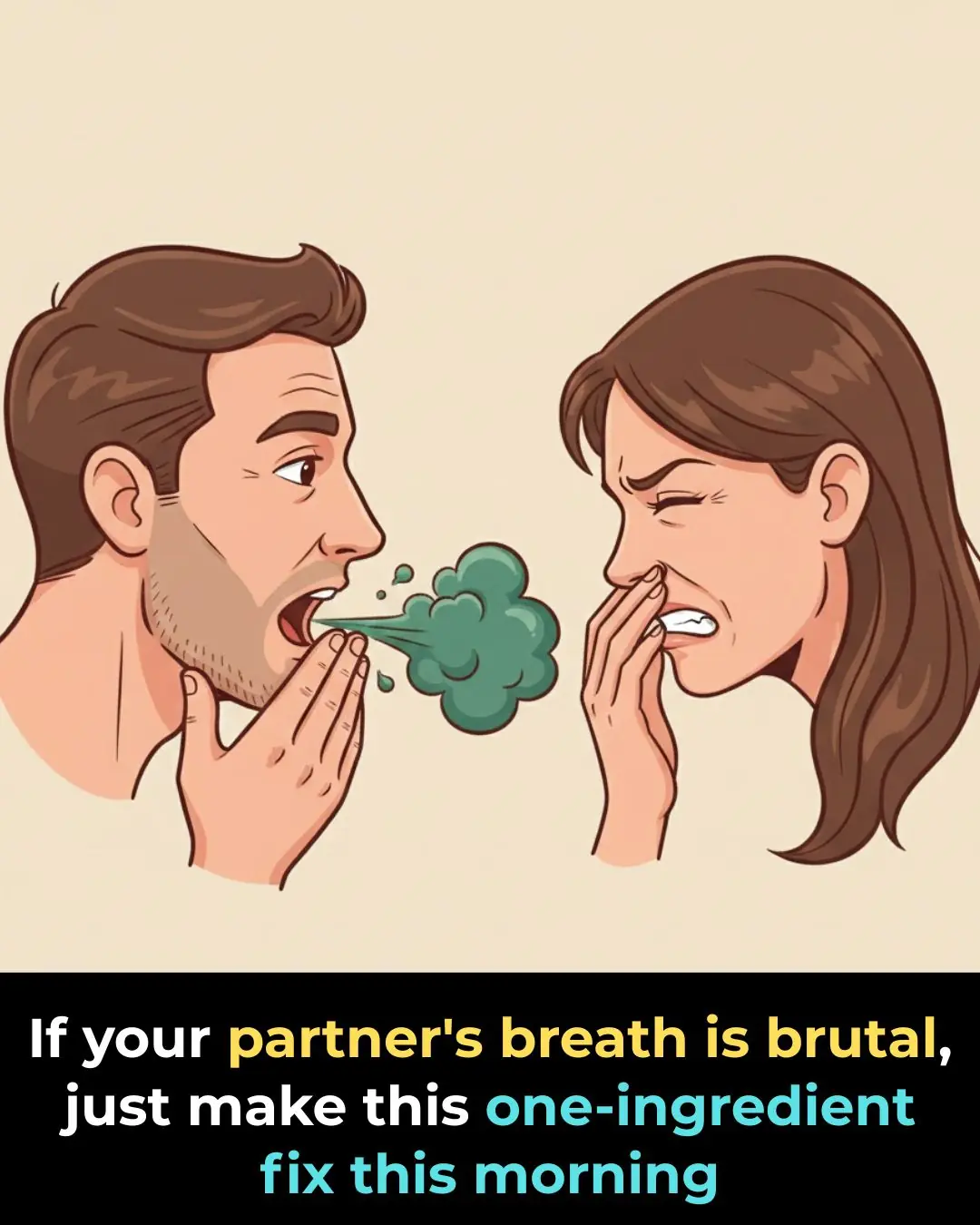
Doctors warn: Statins may deplete vitamin K₂ and raise your risk of dangerous artery calcification
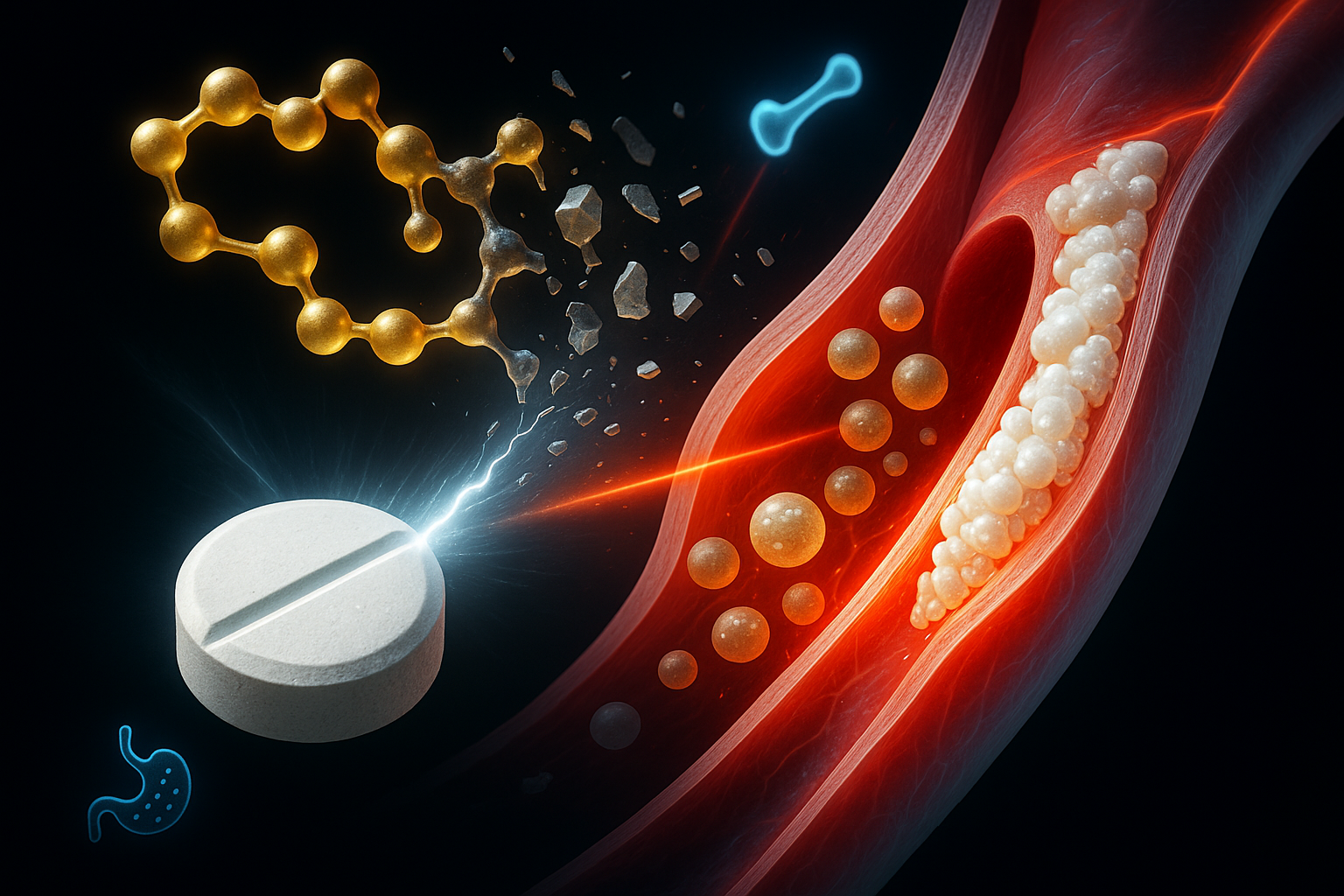
If you’re among the many people prescribed statins to lower cholesterol, it may be worth understanding how these medications work beyond simply reducing LDL levels. While statins are widely recognized for their ability to decrease cardiovascular risk, some experts—including functional and integrative practitioners like Dr. Jack Wolfson—suggest that statins may also influence vitamin K₂ metabolism, gut health, and calcium regulation in the body.
Although research is ongoing and not all claims are universally accepted, it’s helpful to understand the mechanisms proposed and the steps you can take to support your overall health while using statins.
Key Takeaways
-
Statins block the mevalonate pathway—a metabolic system involved in more than cholesterol production.
-
This pathway also supports processes that help activate vitamin K₂–dependent proteins.
-
Disruption in this system may affect how the body uses vitamin K₂, a nutrient tied to bone and vascular health.
-
Statins may also influence gut bacteria and nutrient absorption, which play roles in vitamin K₂ availability.
-
A nutrient-rich diet and strong gut microbiome can help the body maintain healthier vitamin K₂ levels.
1. The Mevalonate Pathway: More Than Cholesterol
Statins work by inhibiting the enzyme HMG-CoA reductase, which reduces the liver’s production of cholesterol. But this enzyme sits inside the larger mevalonate pathway, a biochemical road that creates not just cholesterol but many other important molecules, including isoprenoids.
Isoprenoids help activate enzymes involved in various cellular processes—energy production, hormone creation, and the activation of vitamin K-dependent proteins among them. Because statins partially shut down this pathway, the effects extend beyond cholesterol. Some scientists believe this could influence how effectively the body uses vitamin K₂.
Even though these interactions are still being studied, the idea highlights how interconnected metabolic pathways are—and why some people experience side effects unrelated to cholesterol.
2. How Statins May Affect Vitamin K₂ (Why It Matters)
Vitamin K₂ (menaquinone) is crucial for activating two proteins:
-
Matrix Gla Protein (MGP): Helps prevent calcium from accumulating inside arteries.
-
Osteocalcin: Moves calcium into bones and teeth, strengthening skeletal structure.
For these proteins to function, they must undergo carboxylation, a process dependent on adequate vitamin K₂ and its associated cofactors. Some practitioners argue that because the mevalonate pathway contributes to this system, statins might indirectly reduce the body’s ability to activate these proteins.
If these proteins remain inactive, calcium may be more likely to deposit in arteries (leading to calcification) rather than being directed toward bones. Some observational studies have noted that statin users can show higher coronary artery calcification scores, despite lower cholesterol levels. However, this research is not conclusive and remains a topic of debate within cardiovascular medicine.
Still, understanding the possibility helps people make more informed choices and discuss risks and benefits with their healthcare providers.
3. The “Double Hit”: Gut Health and Nutrient Absorption
Statins can also influence the gut microbiome, the collection of bacteria responsible for digestion, immunity, and synthesis of certain vitamins—including natural forms of vitamin K₂.
Two mechanisms are often discussed:
-
Shifts in gut microbial composition: Statins may alter which bacteria thrive, potentially affecting how much K₂ the gut produces.
-
Changes in bile acid metabolism: Since bile acids help absorb fat-soluble vitamins (A, D, E, K), alterations in bile flow may reduce nutrient uptake.
Over time, this can lead to subtle nutrient imbalances, especially if statins are combined with a low-fat diet or poor digestion. These nutritional shifts may contribute to decreased bone density, more arterial stiffness, and lower cellular energy for some people.
4. Why Vitamin K₂ Matters for Heart and Bone Health
Vitamin K₂ plays a unique role in directing calcium. It encourages calcium to enter the bones and teeth, where it belongs, and prevents it from lodging in arteries, kidneys, or soft tissues.
If you take statins, ensuring adequate vitamin K₂ becomes even more important because it supports:
-
healthier arteries
-
stronger bones
-
better calcium distribution
-
improved long-term cardiovascular resilience
While statins reduce cholesterol, that’s only one piece of the broader heart-health picture.
5. Natural Whole-Food Sources of Vitamin K₂
Your body can create some K₂ through gut bacteria, but obtaining it from food ensures a steadier supply—especially forms like MK-4, which are highly active in human tissues.
Top K₂-rich foods include:
-
Egg yolks and butter from pasture-raised animals
-
Grass-fed beef and bison organs (particularly liver and pancreas)
-
Fermented foods like aged cheeses, natto, and sauerkraut
-
Animal fats from traditional, pasture-raised livestock
Pairing these foods with healthy fats and good digestion helps maximize absorption.
6. Supporting the Gut for Optimal Vitamin K₂
A robust gut microbiome improves both the production and absorption of vitamin K₂. If you've been taking statins, supporting gut health becomes even more important.
Helpful strategies include:
-
Eating fiber-rich vegetables, fruits, and whole plant foods
-
Incorporating fermented foods (kefir, yogurt, kimchi, natto)
-
Using probiotics when recommended
-
Minimizing highly processed foods that inflame the gut
A healthier gut means better nutrient status overall.
7. Protecting Yourself While Taking Statins
If you and your doctor decide that statins are necessary, you can still take proactive steps:
-
Discuss the possibility of nutrient depletion, including vitamin K₂.
-
Eat a nutrient-dense, whole-foods diet rich in K₂, healthy fats, and prebiotic fiber.
-
Support digestive health to improve absorption.
-
Consider probiotic foods or supplements if appropriate.
-
Monitor calcium, vitamin D, and bone density.
-
Ask your doctor about dosage adjustments or alternatives if side effects appear.
These strategies help ensure that while statins address one aspect of heart health, you support the rest through lifestyle and nutrition.
8. Focus on Whole-Body Health, Not Just Lab Numbers
Lowering cholesterol is only one part of maintaining cardiovascular wellness. True health depends on strong cellular function, balanced nutrients, and healthy arteries—not merely achieving a specific number on a blood test.
Prioritizing vitamin K₂ intake, gut health, and nutrient-dense eating can help you support long-term wellness, especially if you’re using medications that affect metabolic pathways.
Conclusion
If you take statins, becoming aware of how they might influence vitamin K₂ metabolism and gut health allows you to make more informed decisions. While statins are beneficial and necessary for many people, being proactive about nutrition ensures that you protect your heart, bones, and overall well-being.
Your body has an incredible ability to heal and rebalance—your job is to support it with thoughtful, nutrient-rich choices.
News in the same category

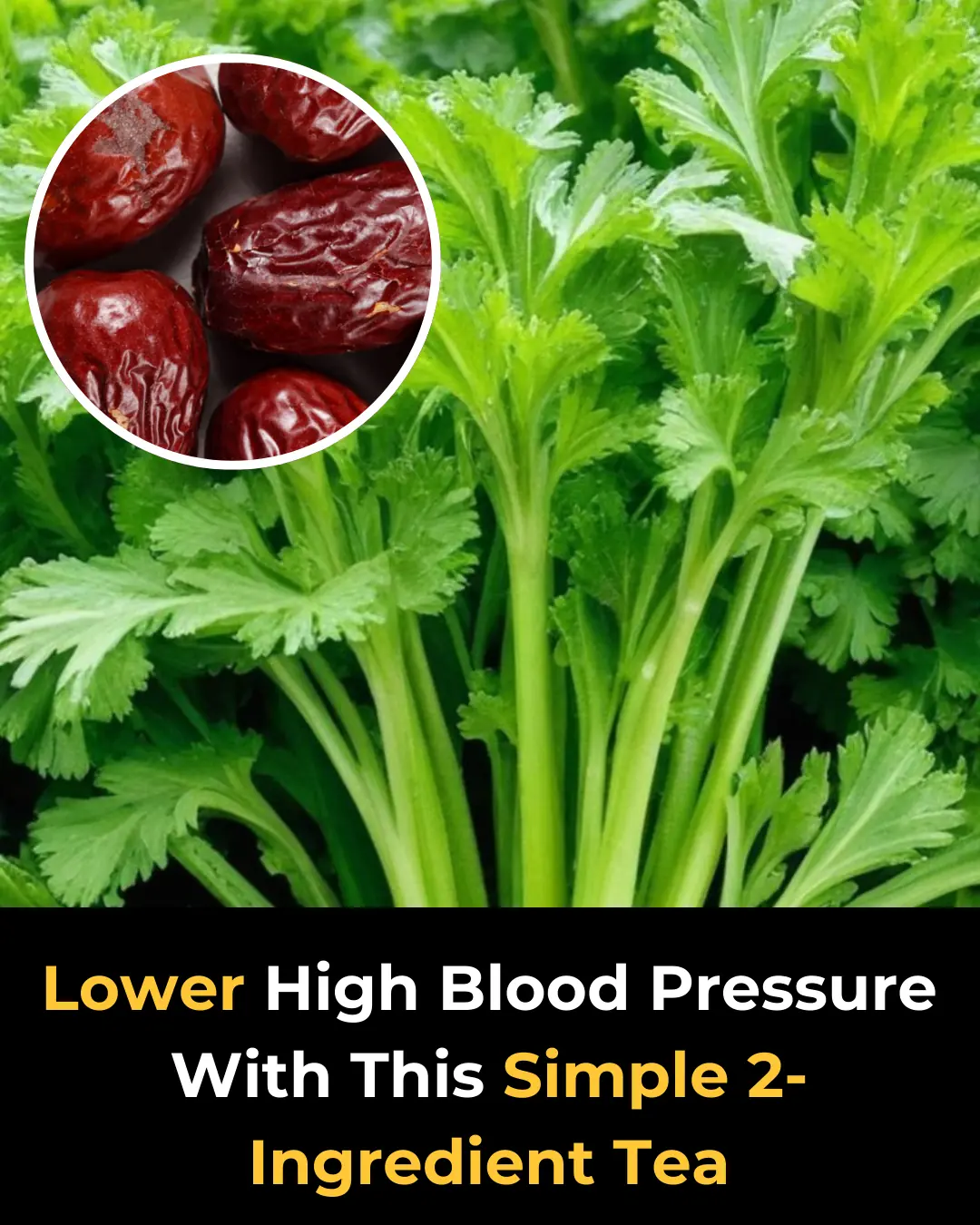
Got High Blood Pressure? Try This 2-Ingredient Tea!
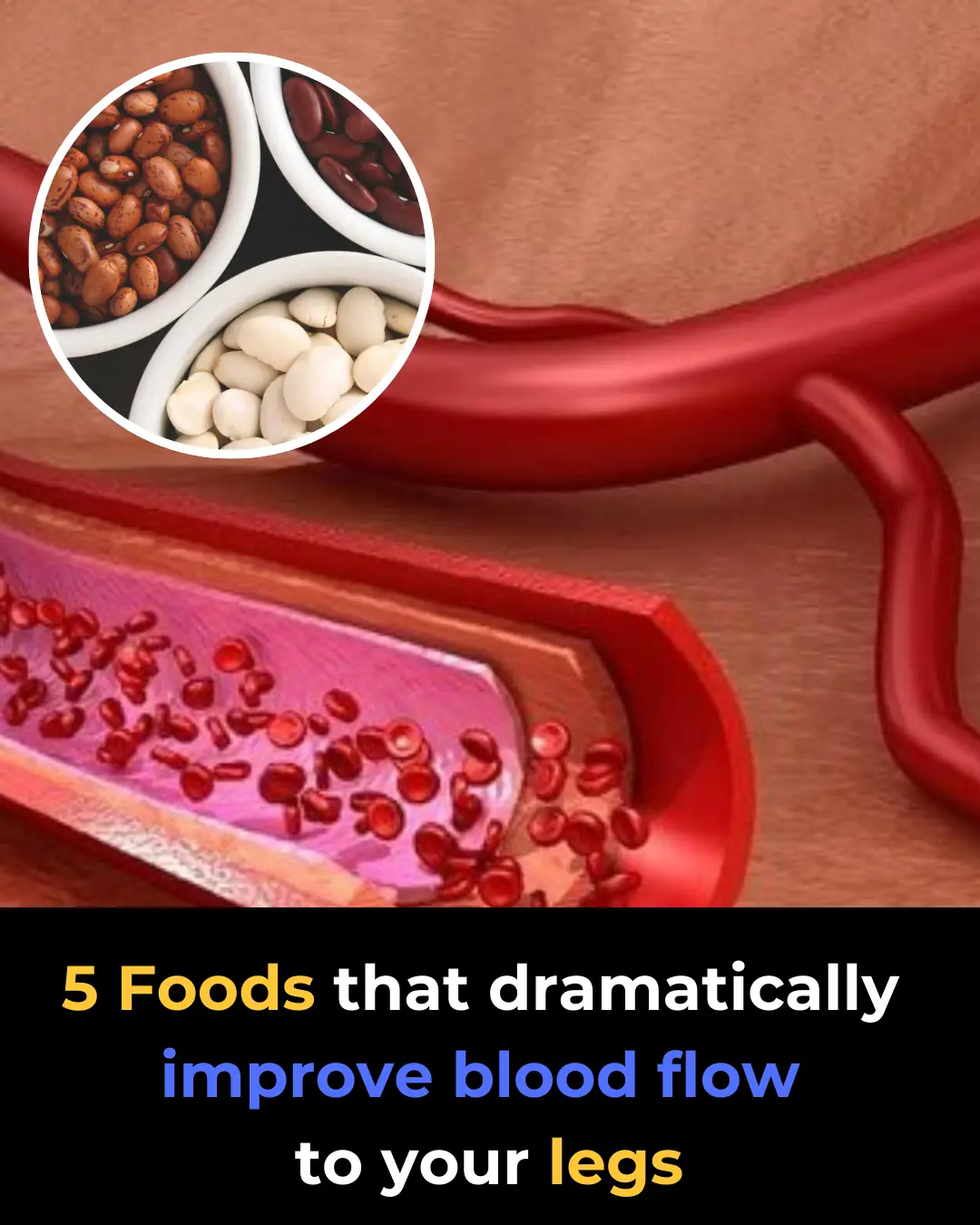
5 Foods That Dramatically Improve Blood Flow to Your Legs
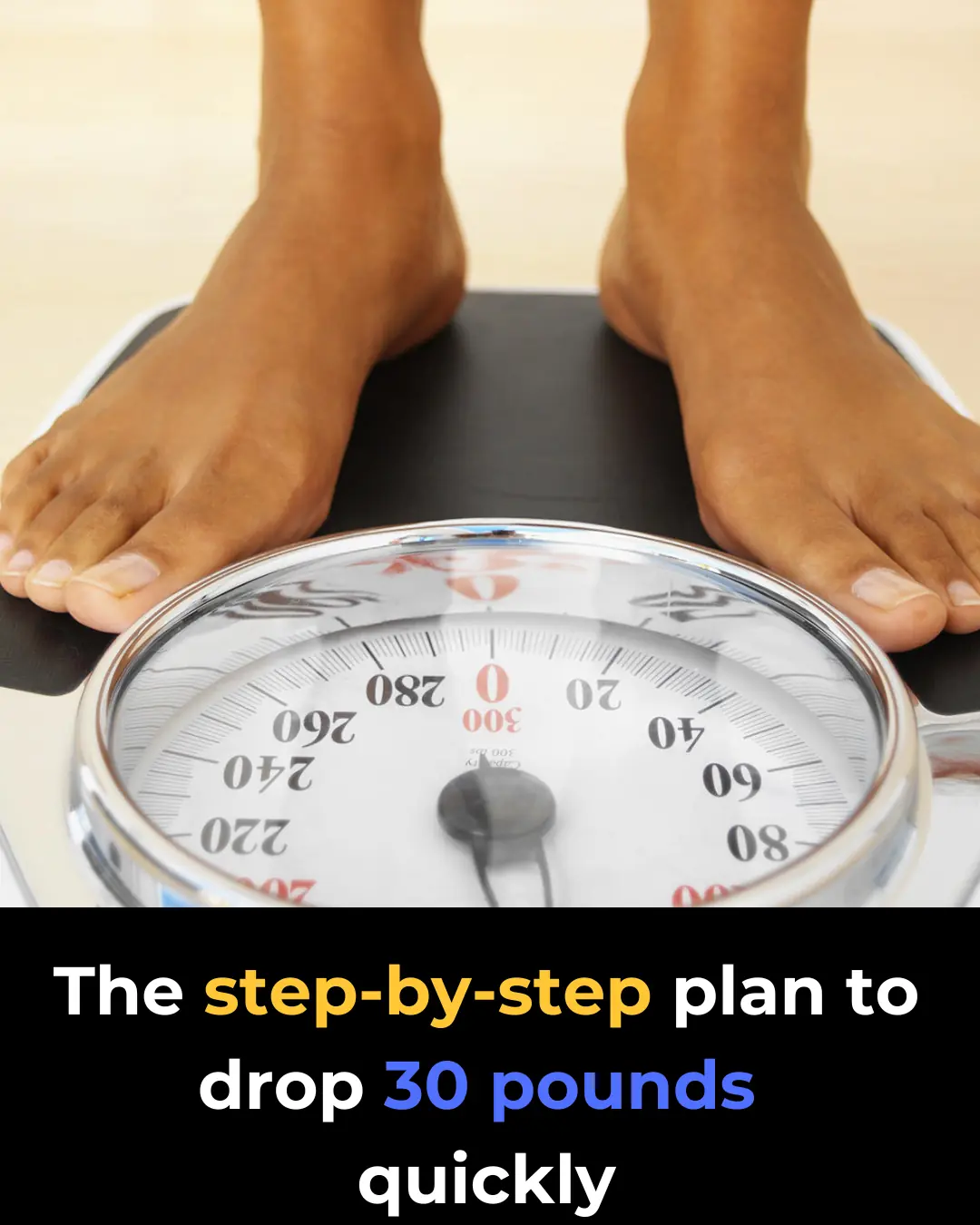
The step-by-step plan to drop 30 pounds quickly in 2025
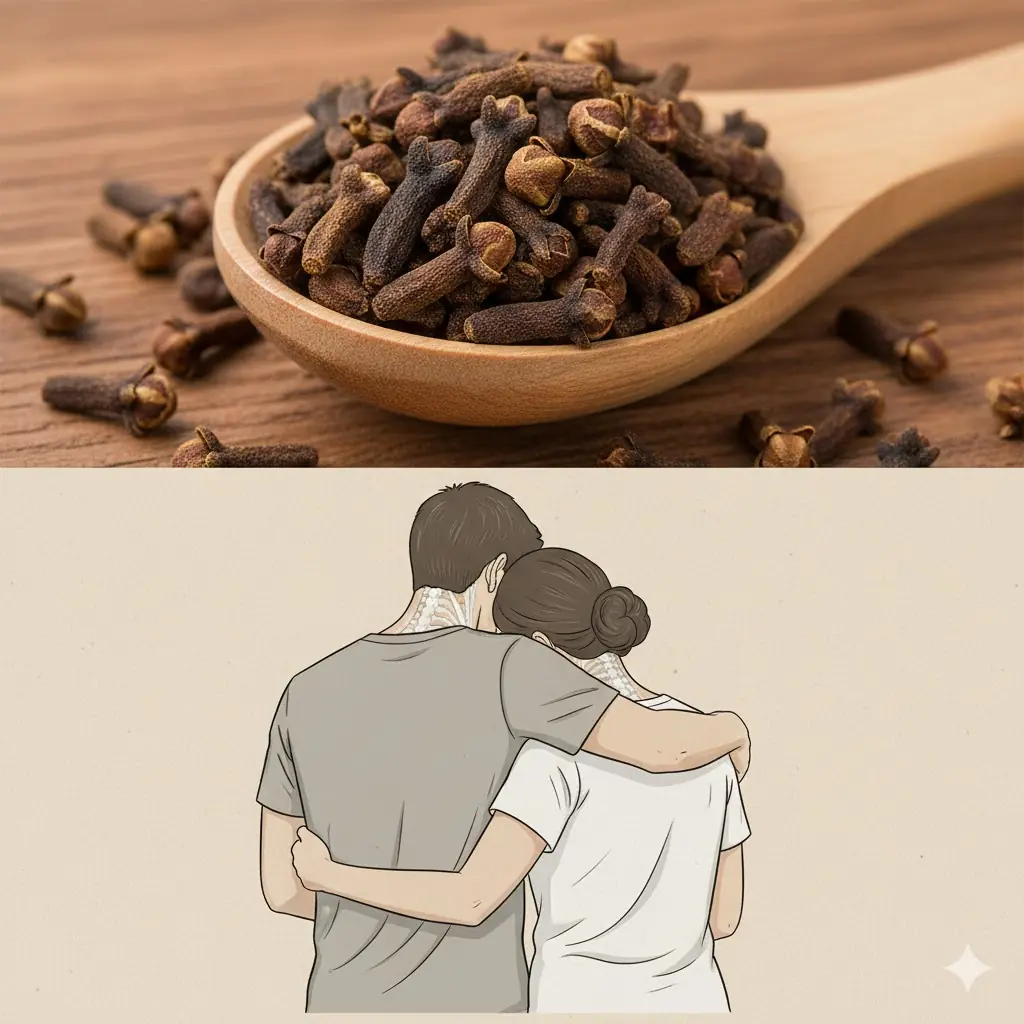
7 Surprising Health Benefits of Cloves for Men
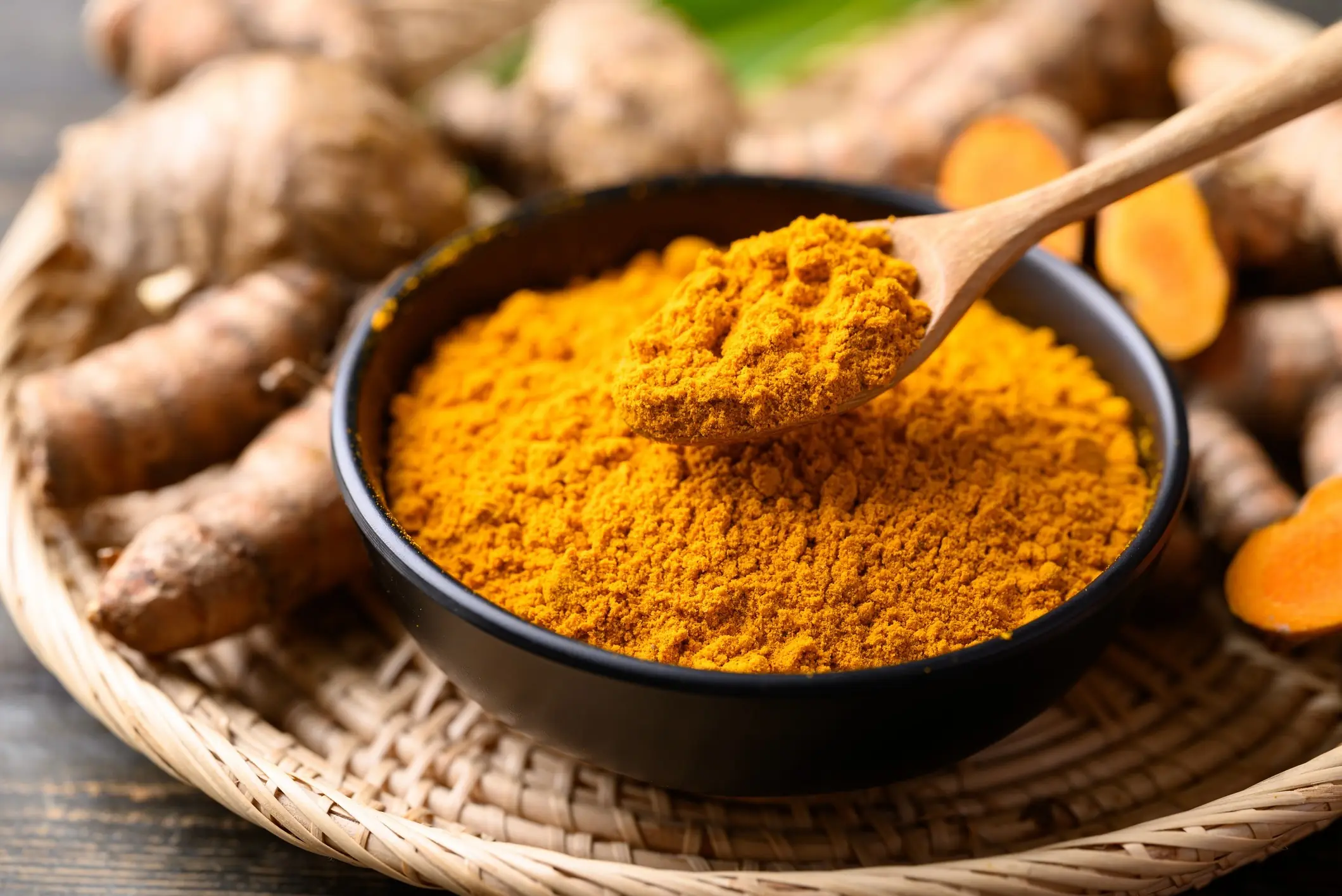
The Medicinal Powers of Turmeric That Doctors Rarely Mention
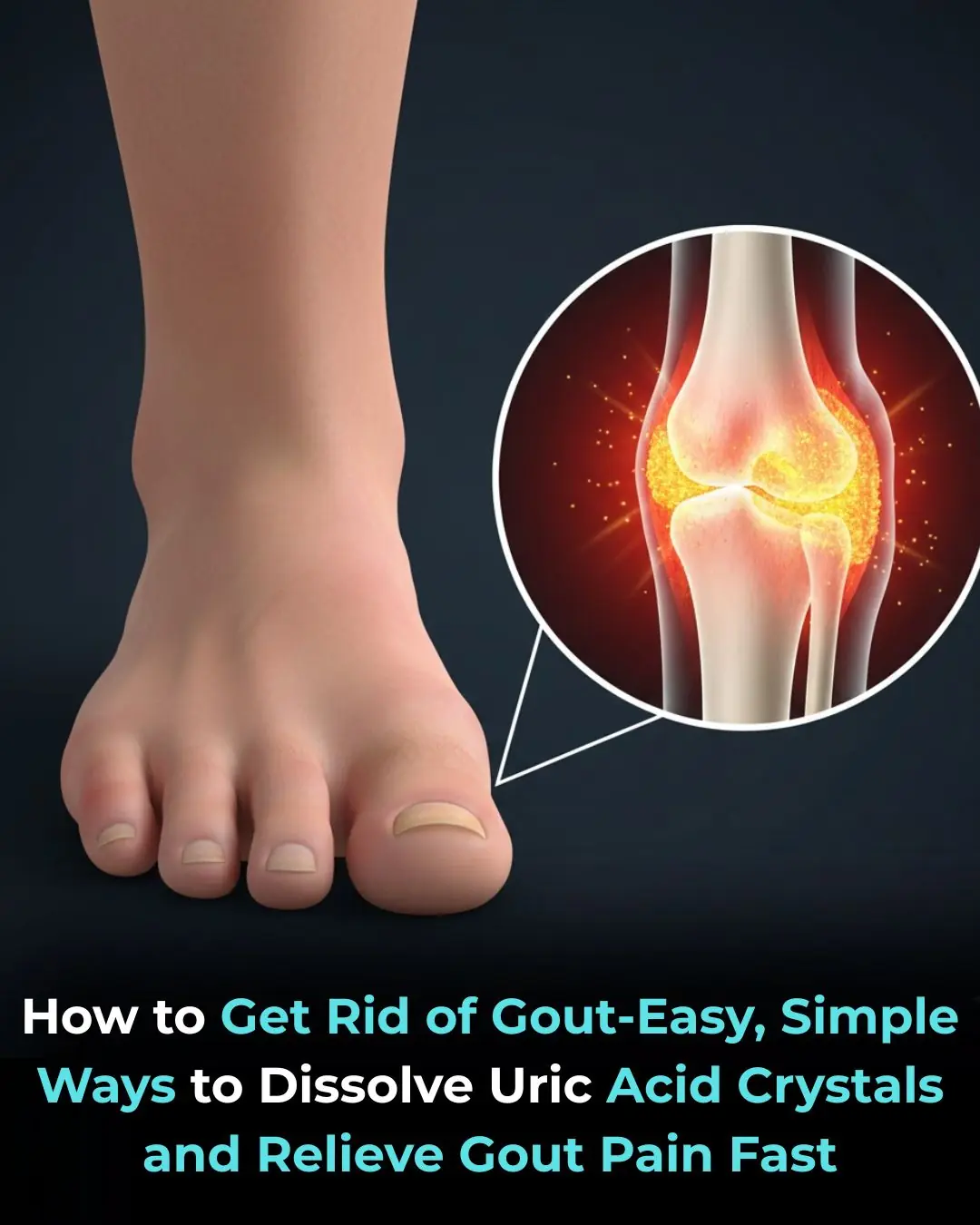
The Best Natural Gout Treatments: Remove Uric Acid Crystallization To Prevent Gout And Joint Pain
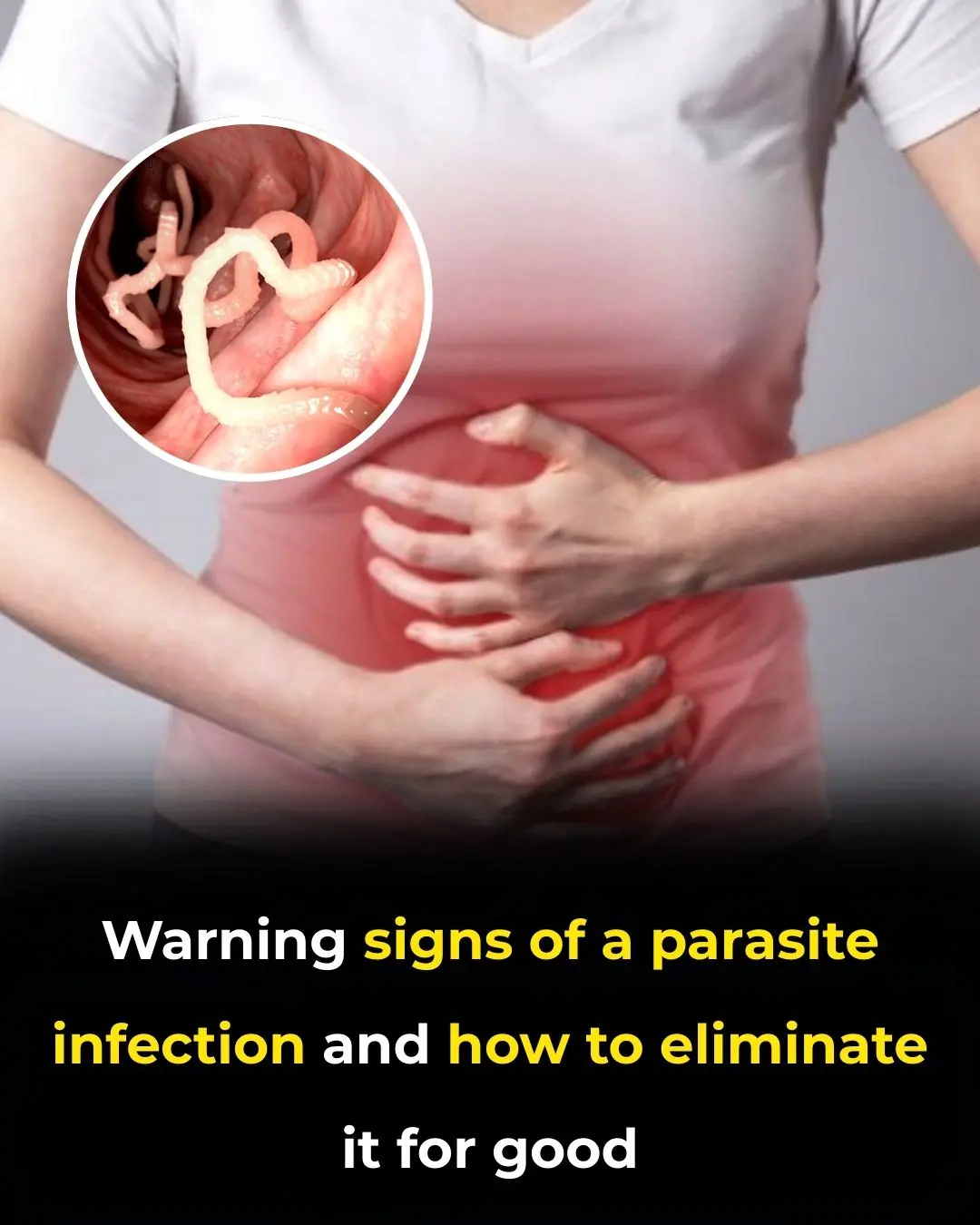
How to Tell If You Have Intestinal Parasites and What to Do About That
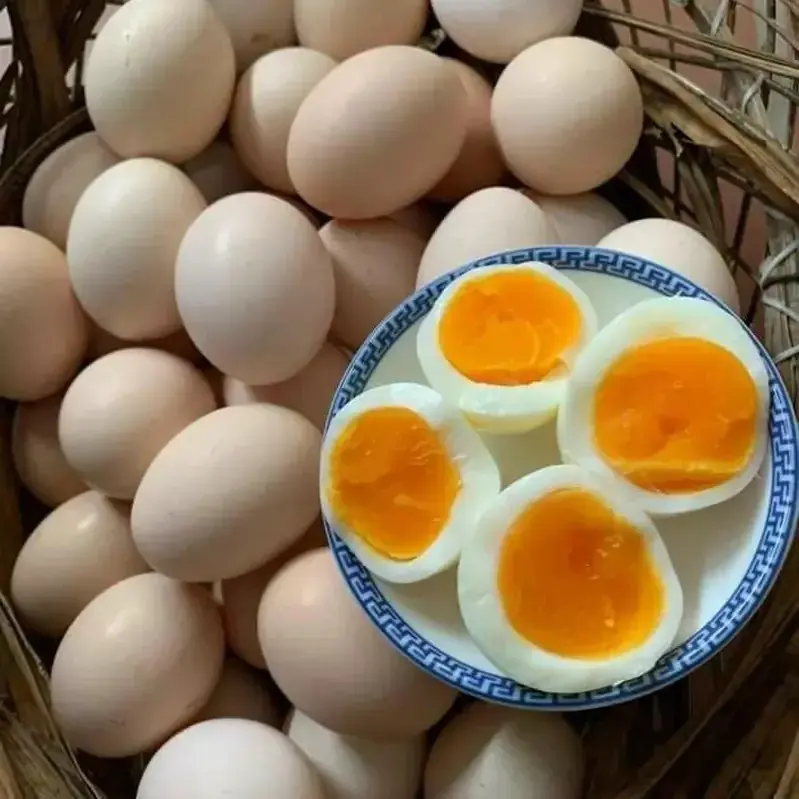
People Who Eat 3 Eggs Every Day Are Noticing This Crazy Difference
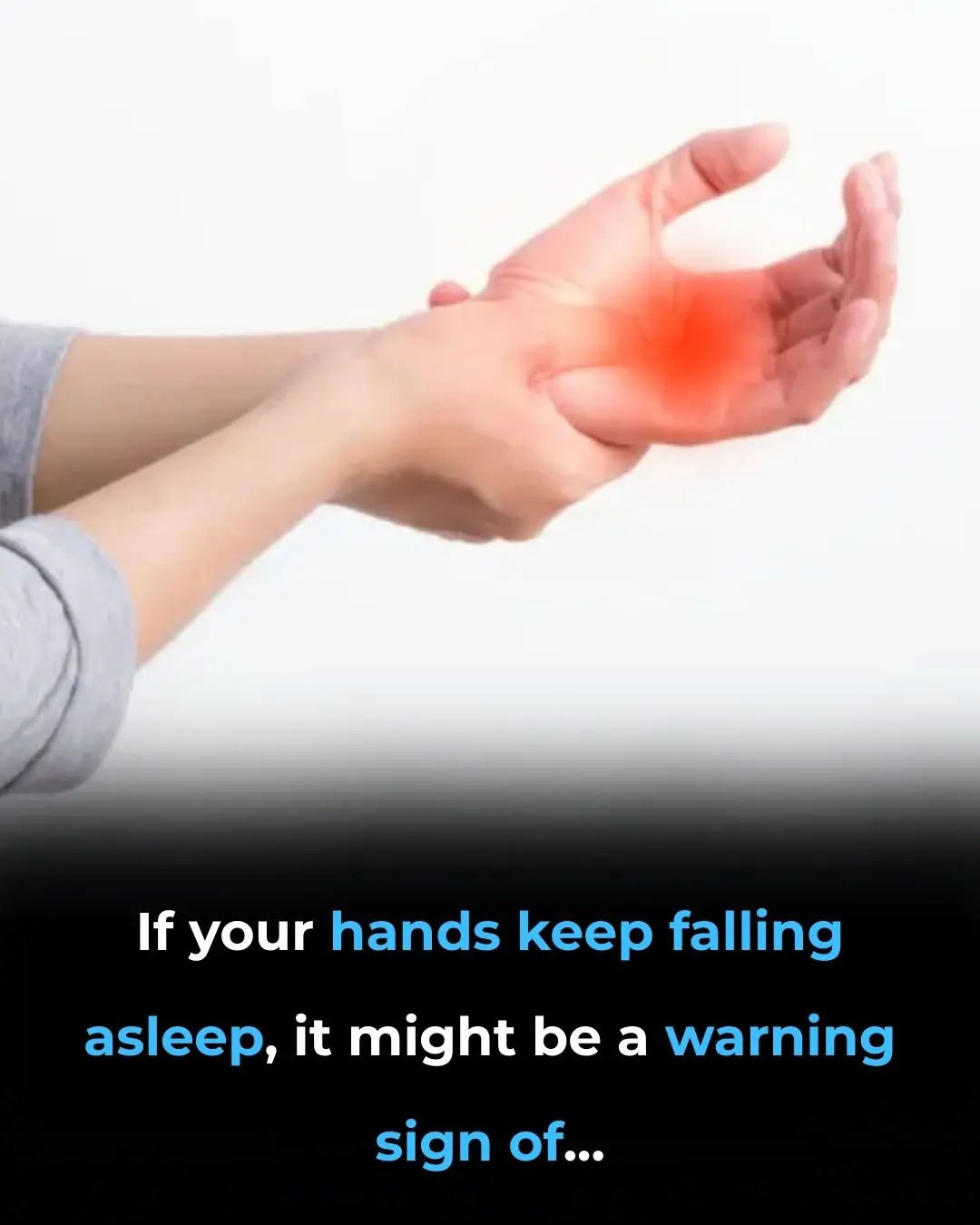
Why Your Hands or Arms Fall Asleep at Night and What To Do
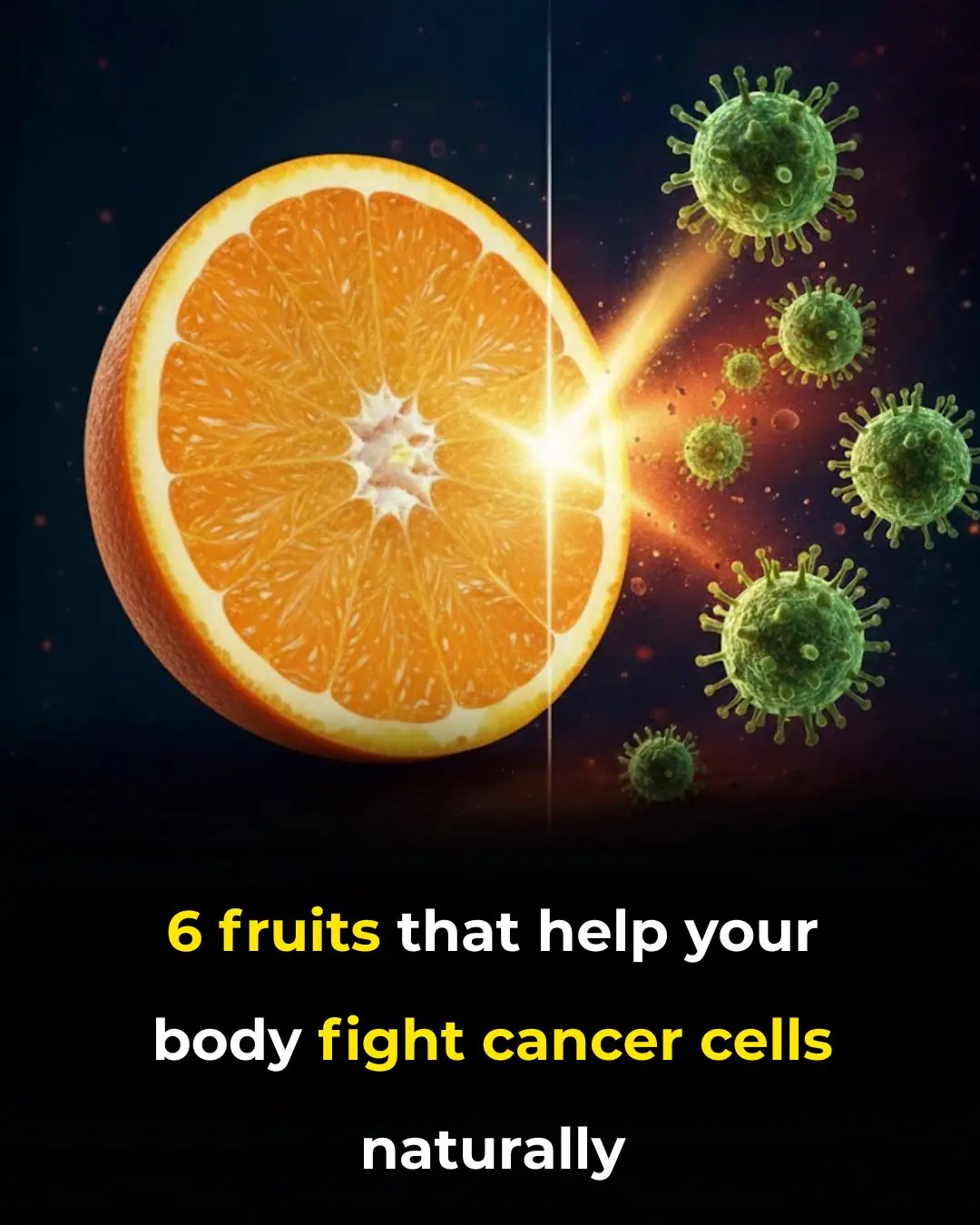
6 fruits that help your body fight cancer cells naturally
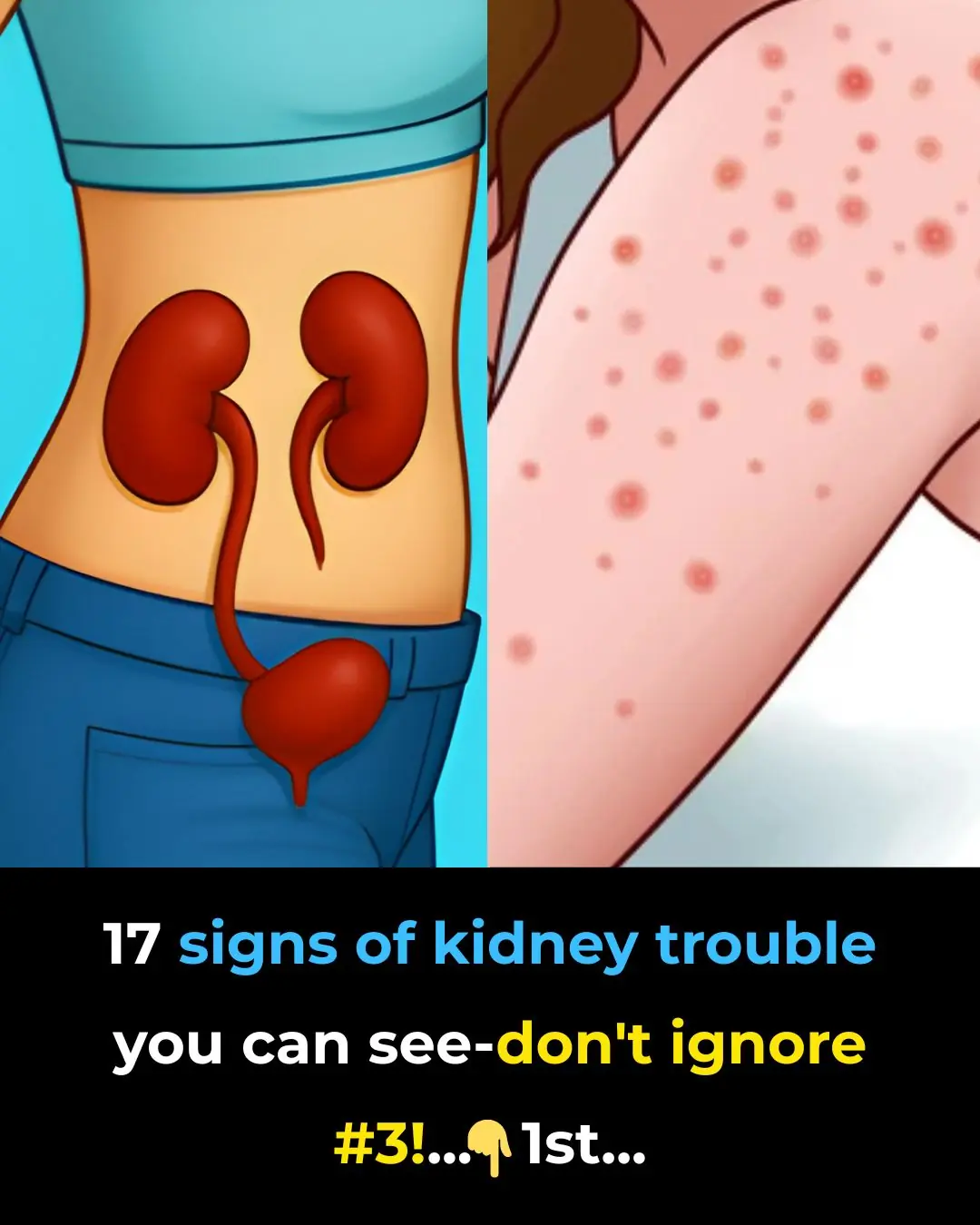
17 signs of kidney trouble you can see—don’t ignore #3!
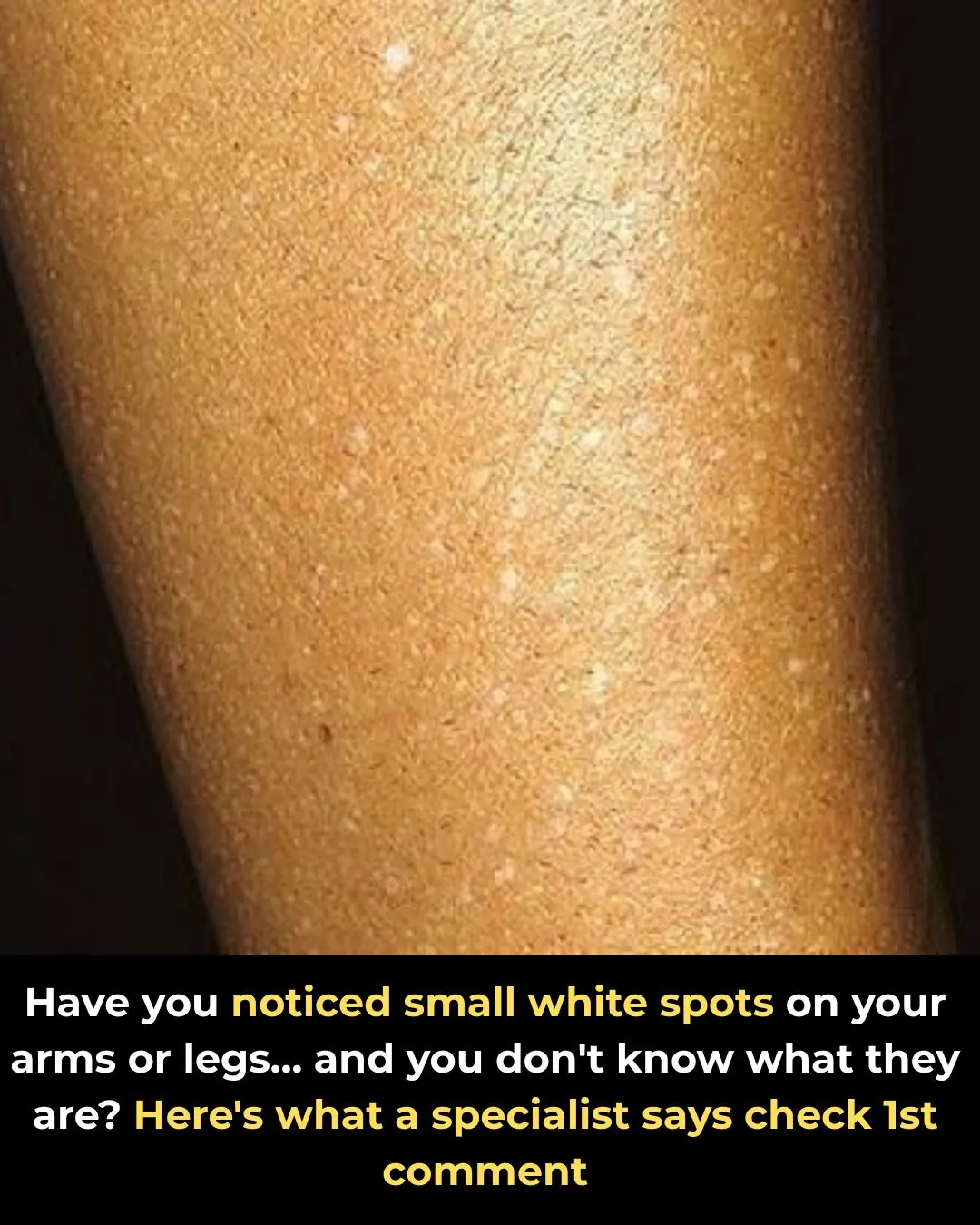
Have you noticed small white spots on your arms or legs… and you don't know what they are?

Never Toss Banana Peels Again: The 2,000-Year-Old “Trash” Trick That Erases Wrinkles, Heals Scars, Whitens Teeth & Drops Blood Pressure Overnight
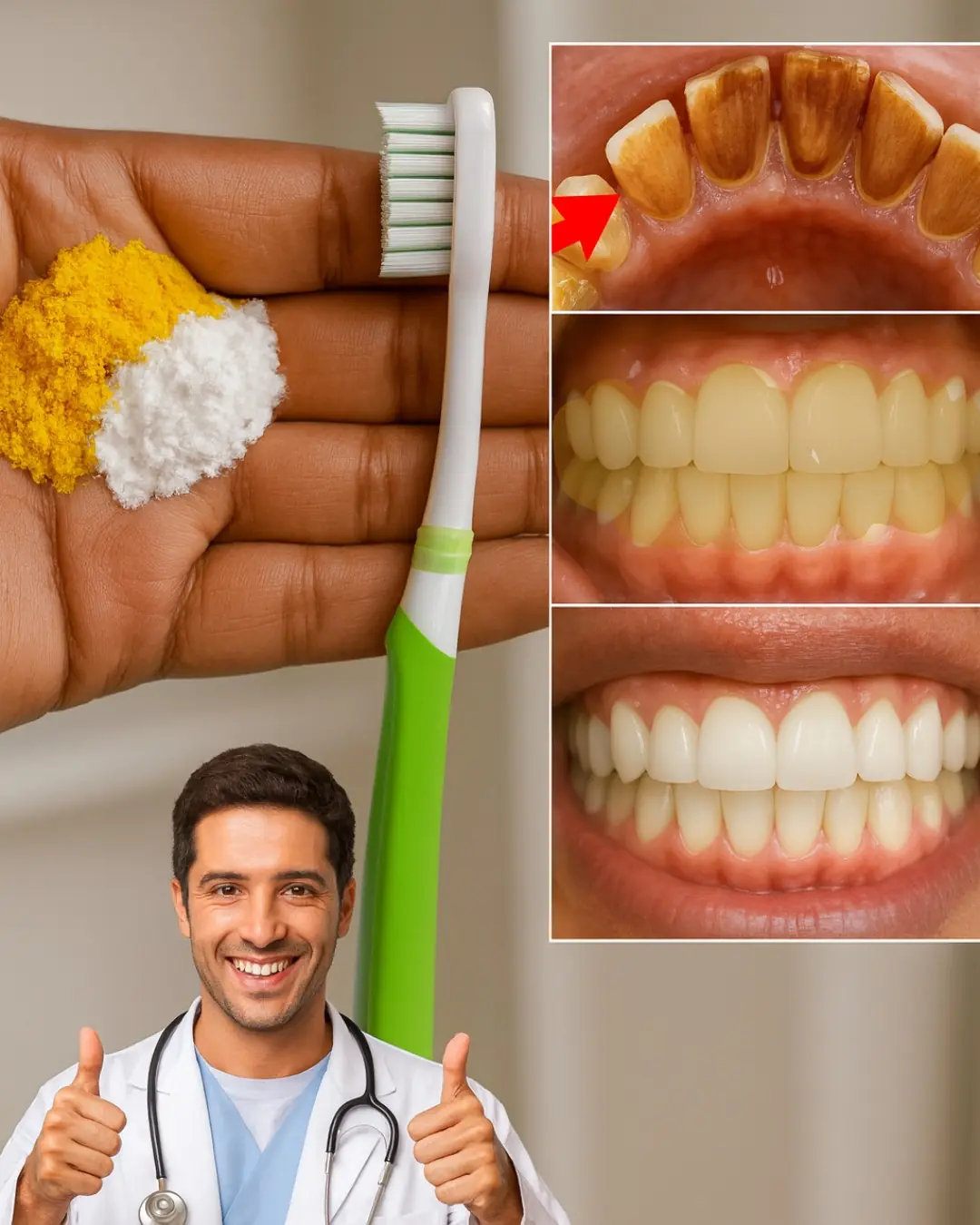
The $5 Kitchen Secret: Why You Should Be Brushing Your Teeth with Turmeric and Baking Soda
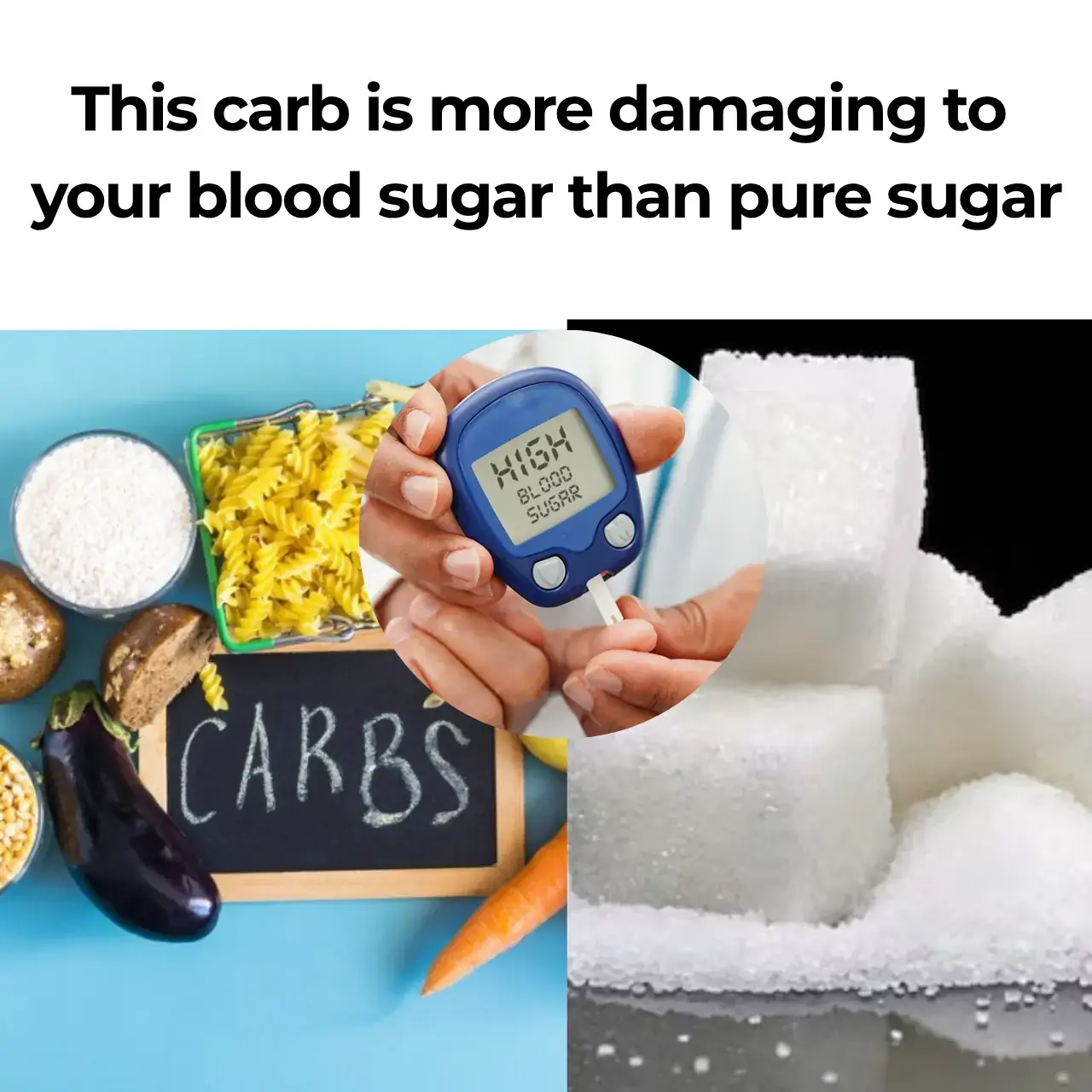
This carb is more damaging to your blood sugar than pure sugar
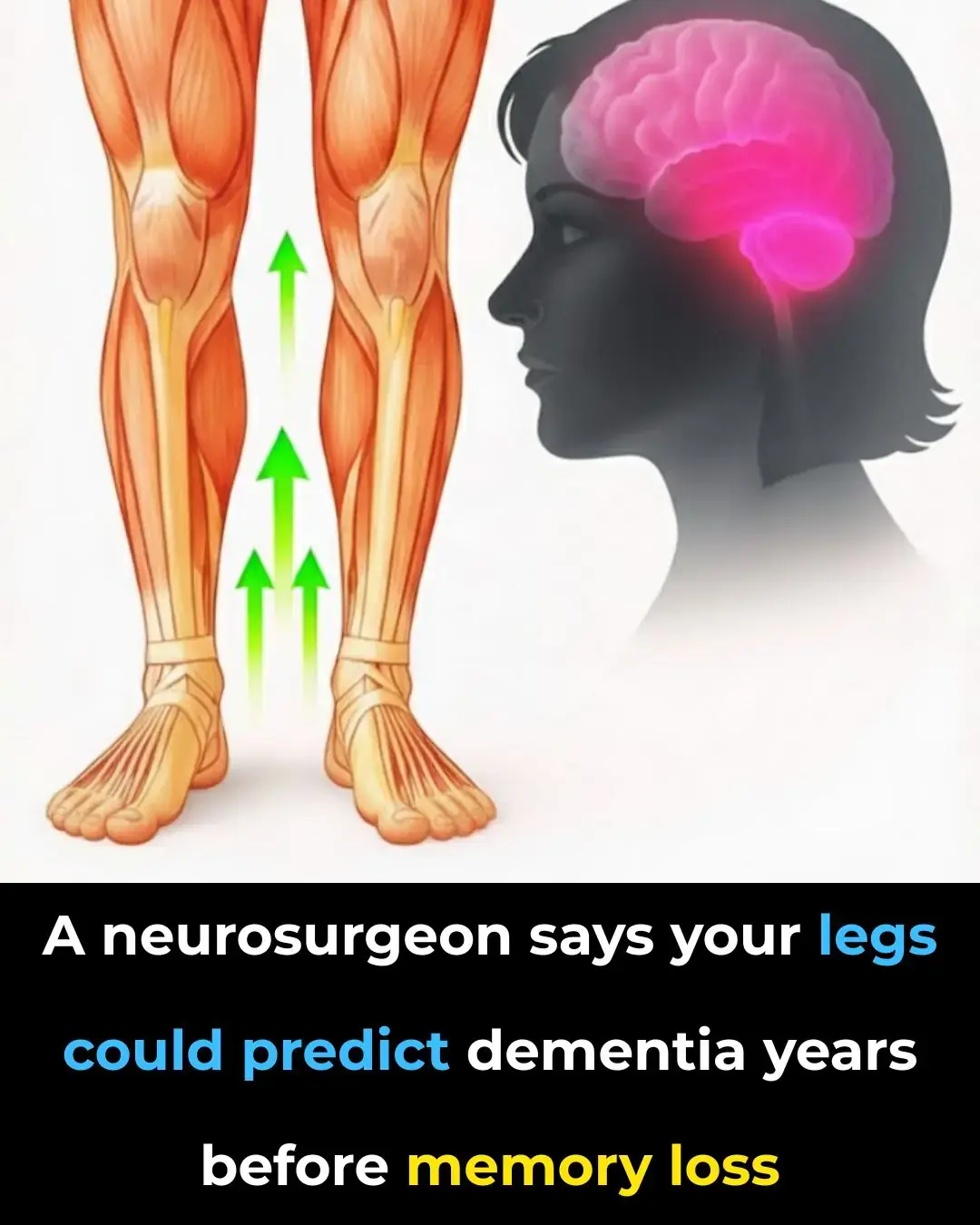
A neurosurgeon says your legs could predict dementia years before memory loss
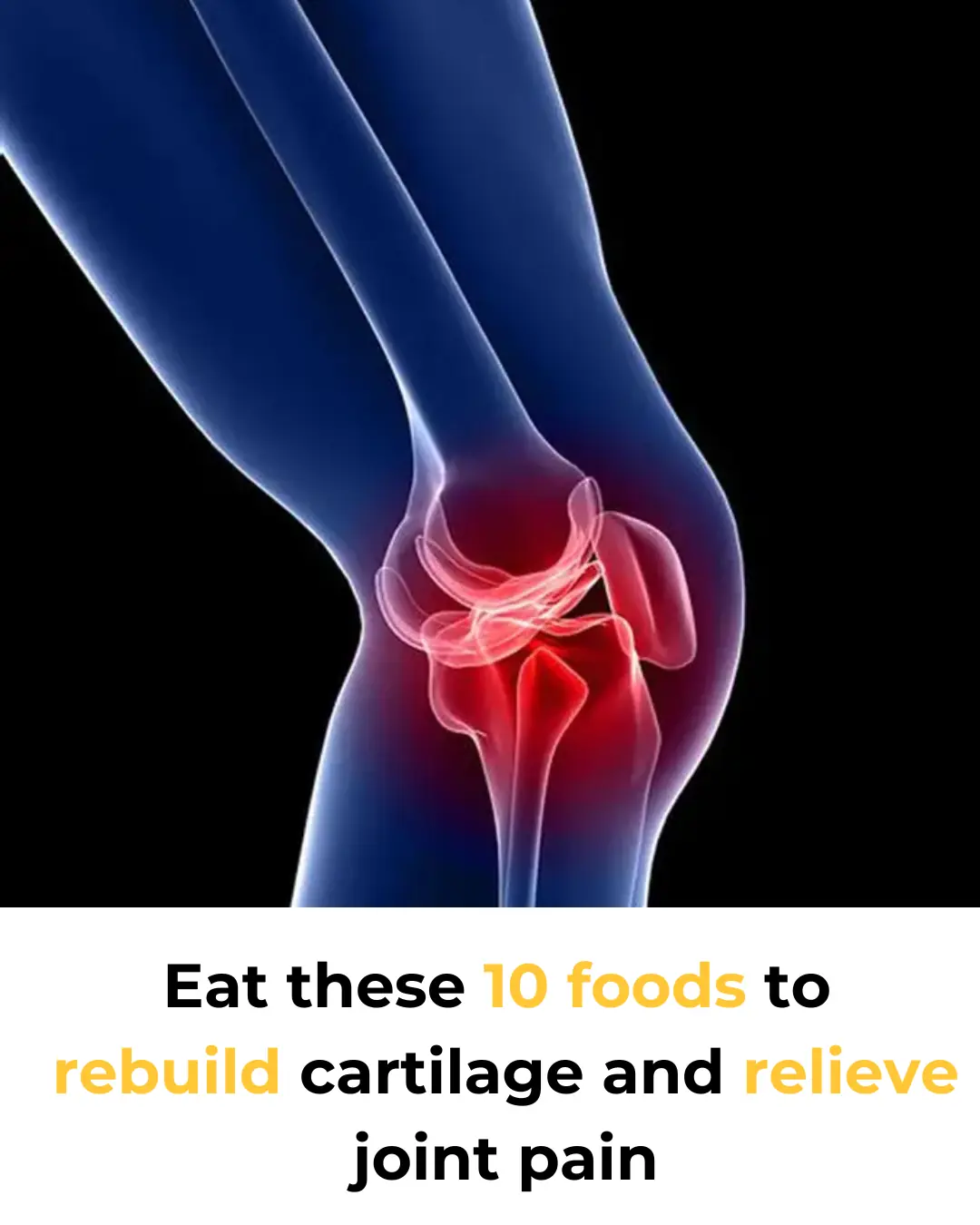
Top 10 Foods to Heal Knee Pain and Rebuild Cartilage Naturally
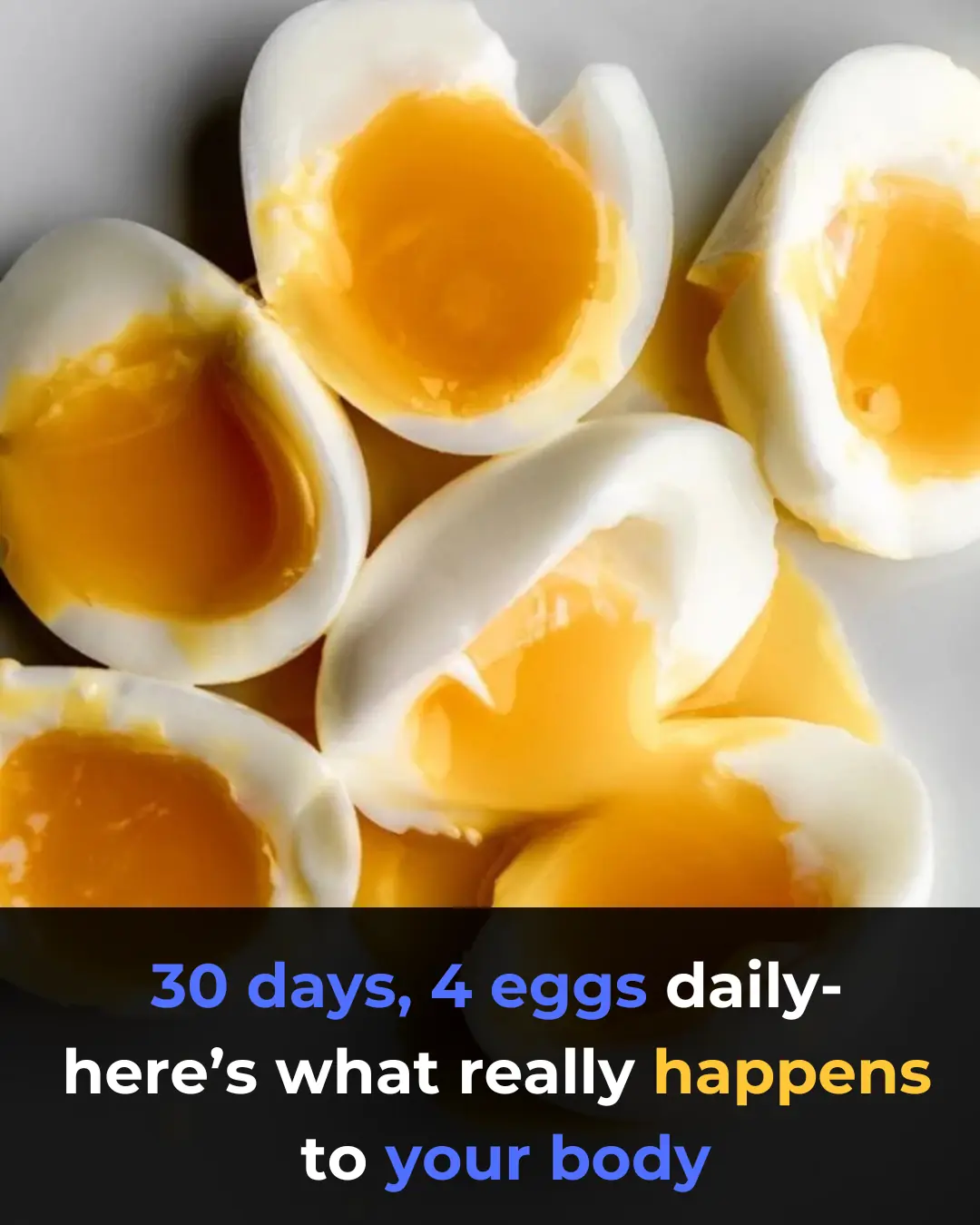
What Happens If You Eat 4 Whole Eggs Every Day for 30 Days?
News Post

How to Get Rid of Bad Breath (Halitosis): Scientifically Proven Home Remedies
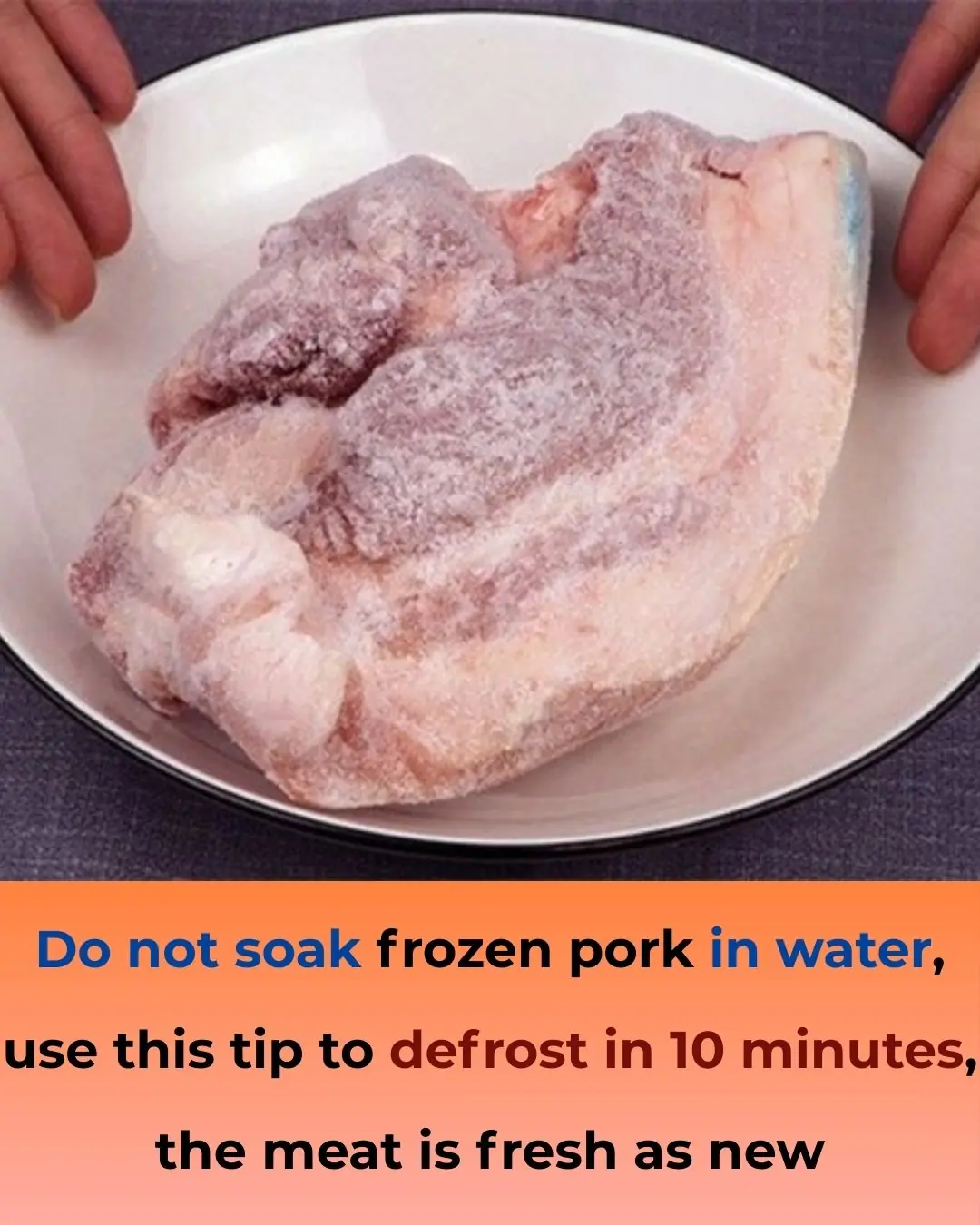
Frozen Pork? Don’t Soak It in Water! Use This Trick to Thaw in 10 Minutes and Keep It Fresh

Clothes Turning Yellow? This Simple Trick Will Make Them Bright White Again

Tried this the other day and it did wonders!
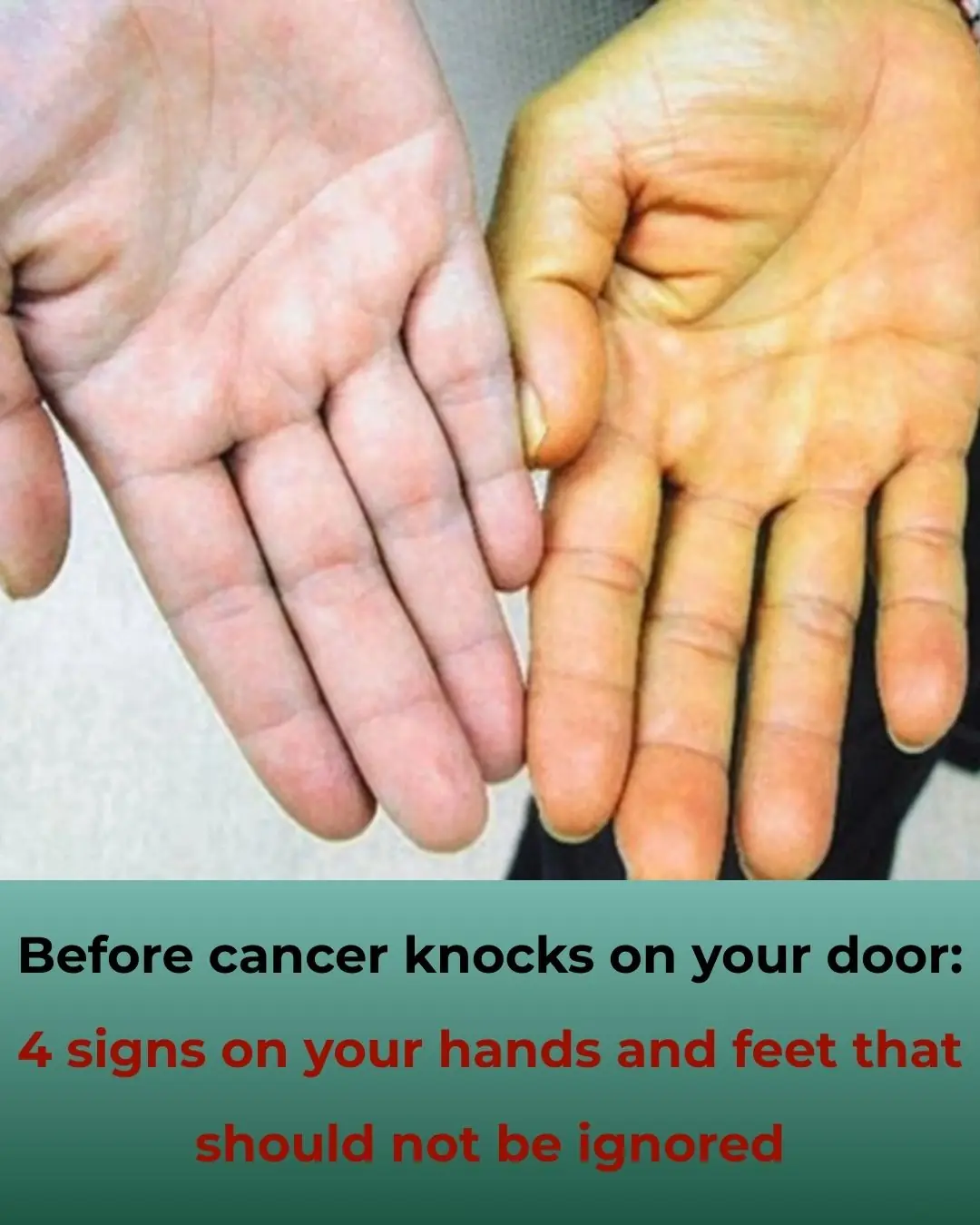
4 Warning Signs on Hands and Feet You Should Not Ignore Before Cancer Strikes
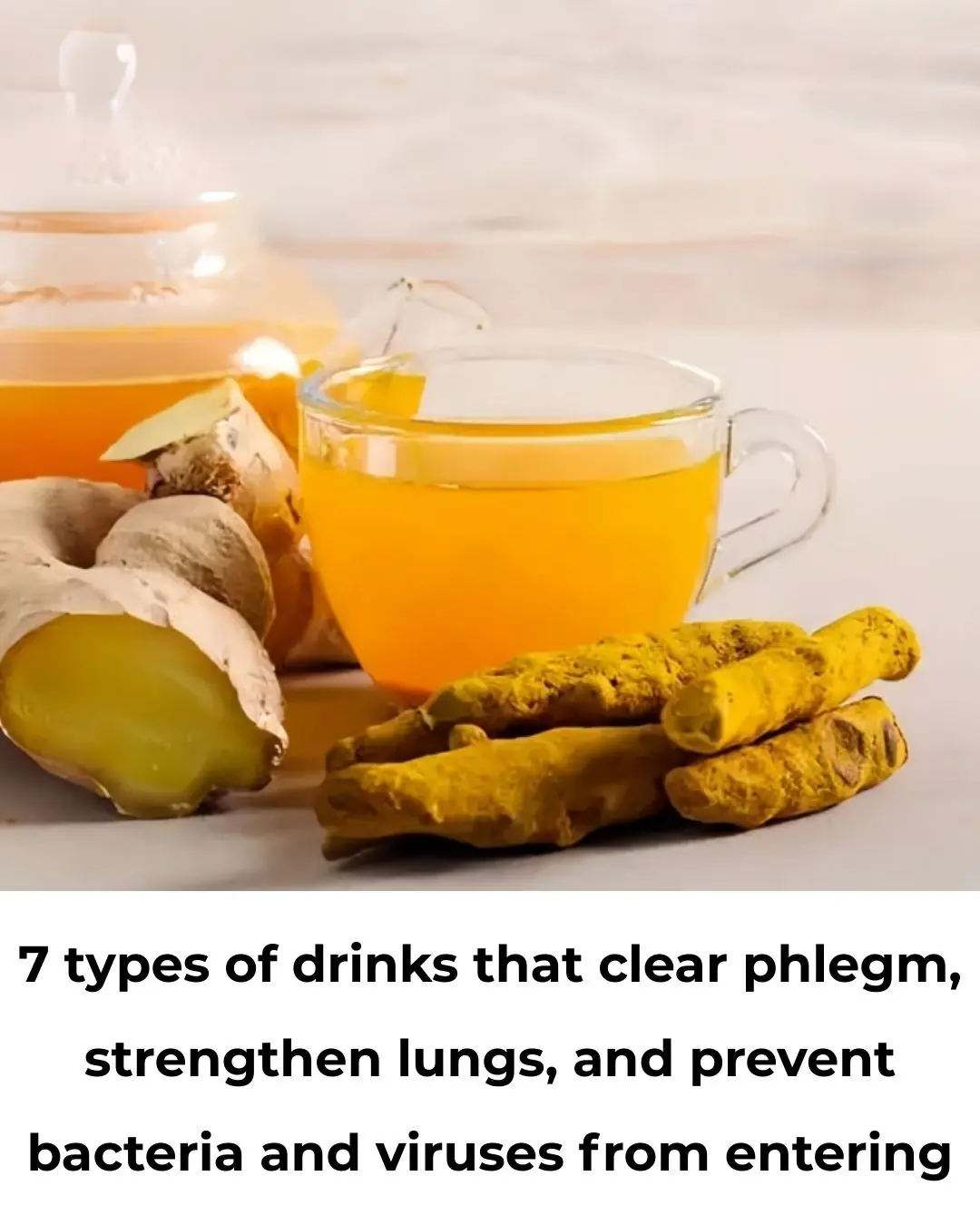
7 Drinks to Cleanse Phlegm, Boost Lung Health, and Combat Bacteria and Viruses
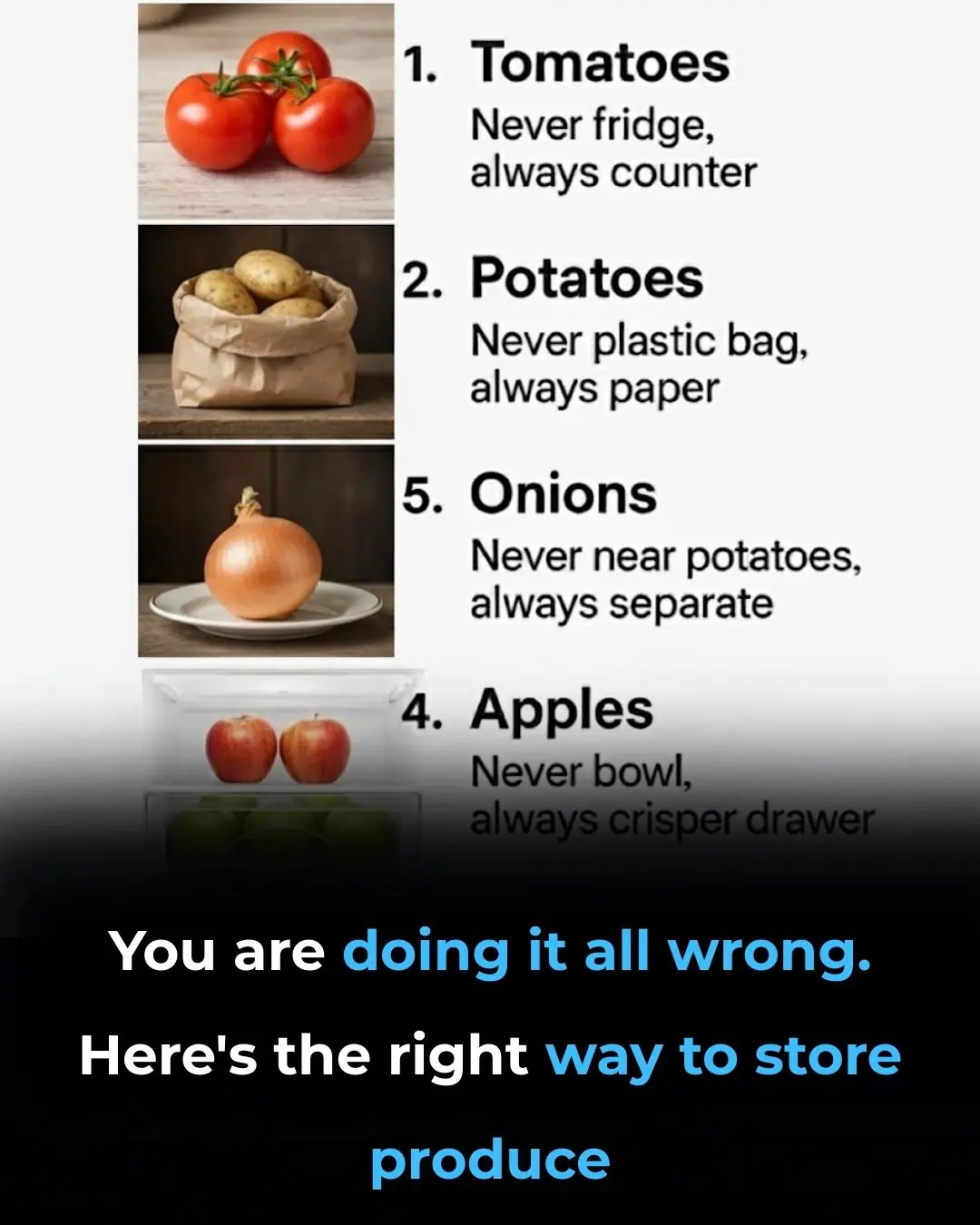
You are doing it all wrong. Here's the right way to store produce

How to Clean a Showerhead to Prevent Clogging: Simple Tips to Keep It Working Like New Without Spending on Replacements
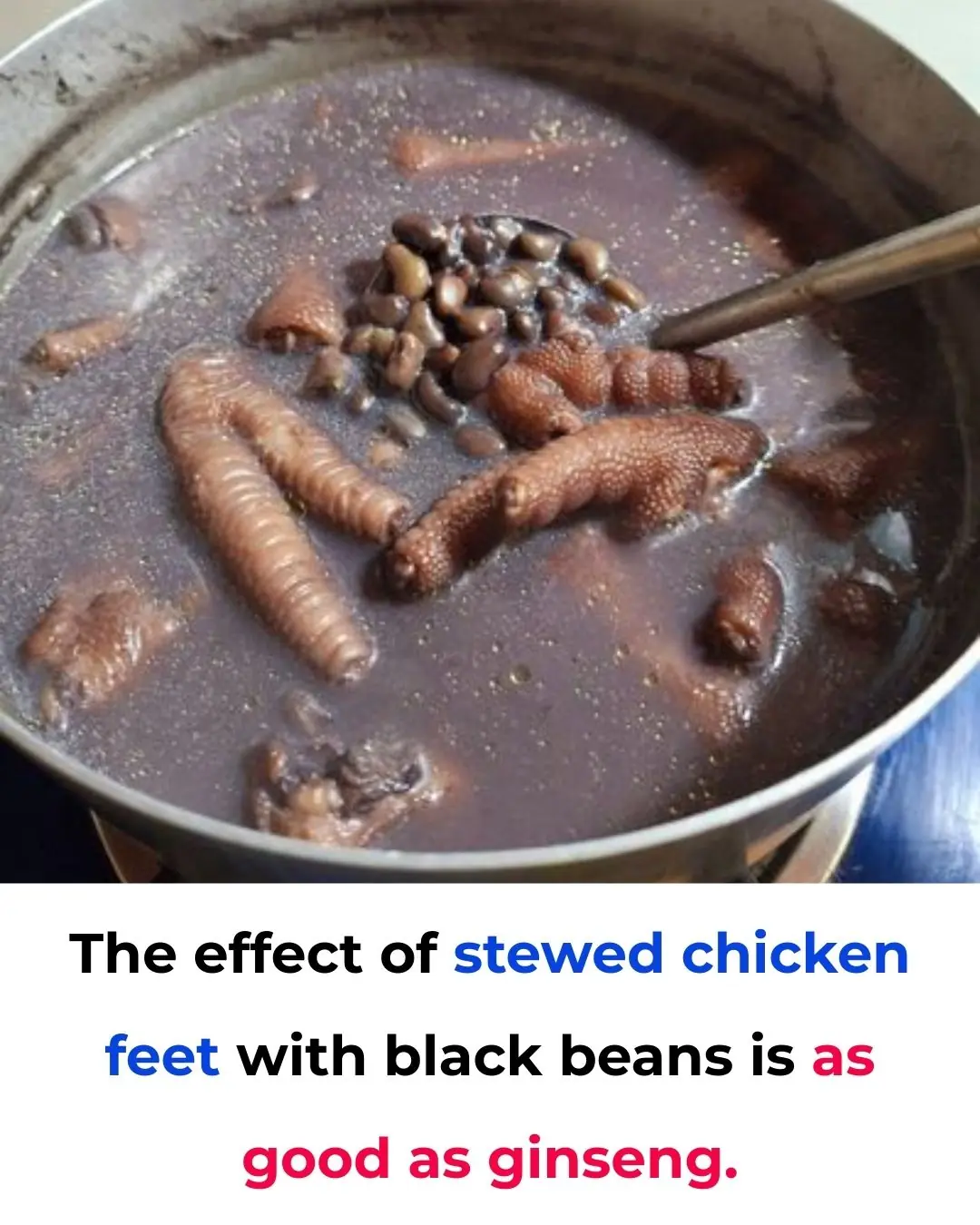
The Health Benefits of Black Bean Soup with Chicken Feet: As Effective as Ginseng

Goodbye Cavities? A Future Where Teeth Heal Themselves May Be Closer Than We Think

Got High Blood Pressure? Try This 2-Ingredient Tea!

She Lost Half Her Brain — But Rebuilt an Entire Life

Bone Cancer: The Silent Destroyer That Strikes From Within

Put a drop of essential oil on clothes while soaking: "Special" use, not everyone knows how to apply it

Tips for using air conditioners, staying cool all day without worrying about skyrocketing electricity bills
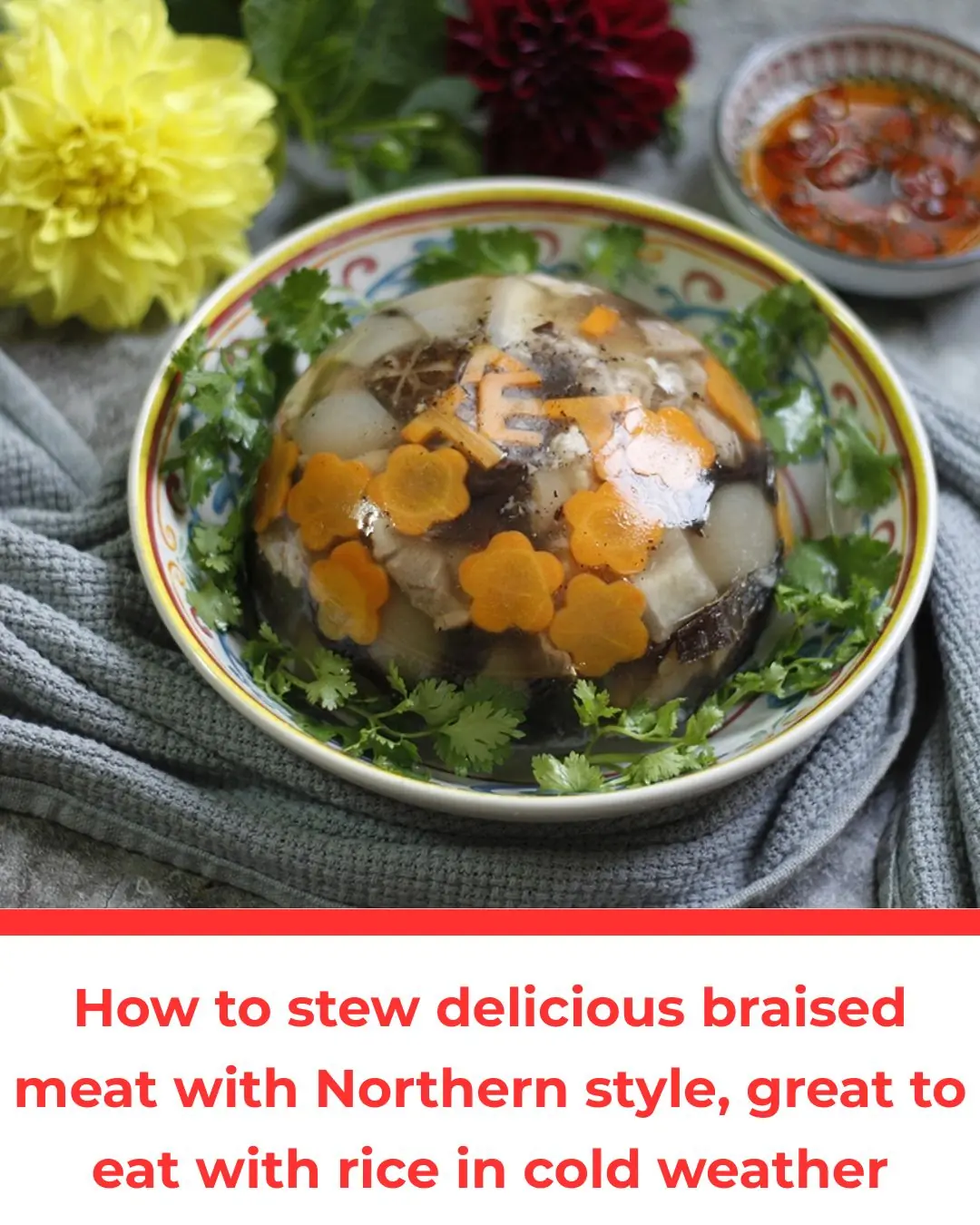
How to stew delicious braised meat with Northern style, great to eat with rice in cold weather
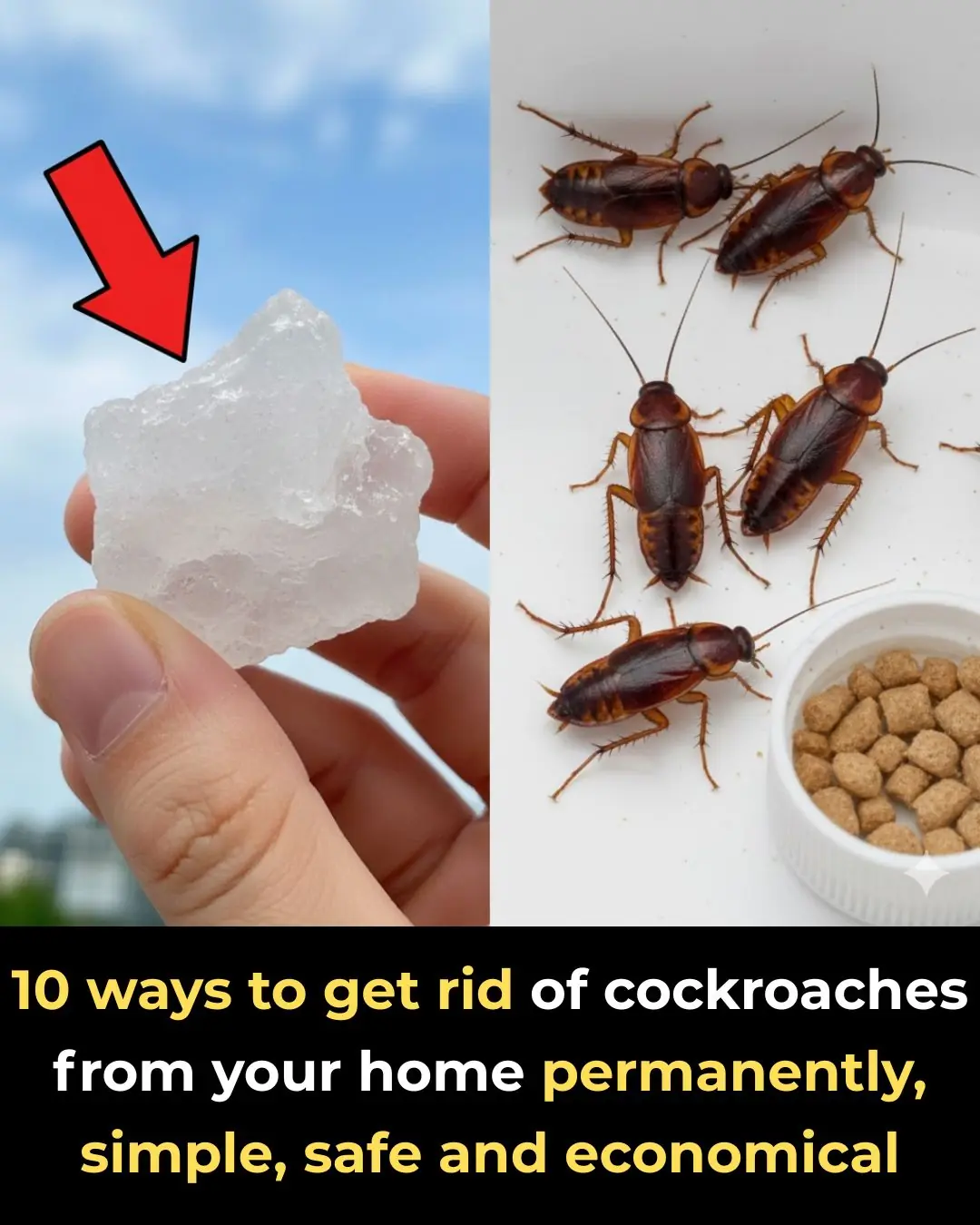
10 ways to get rid of cockroaches from your home permanently, simple, safe and economical

How to fry delicious, crispy spring rolls that won't get soggy: Remember not to put them in boiling oil right away.
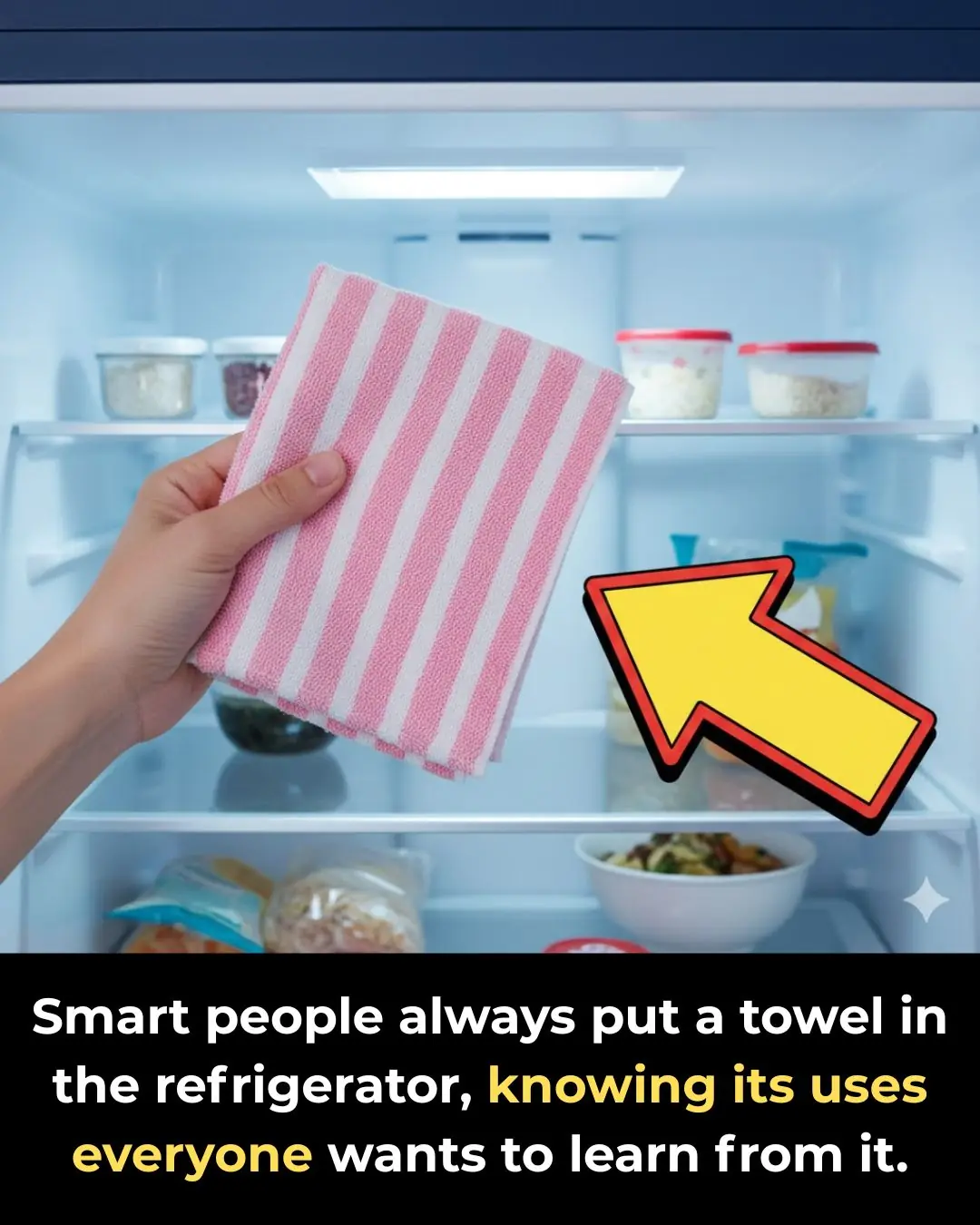
Smart people always put a towel in the refrigerator, knowing its uses everyone wants to learn from it.
